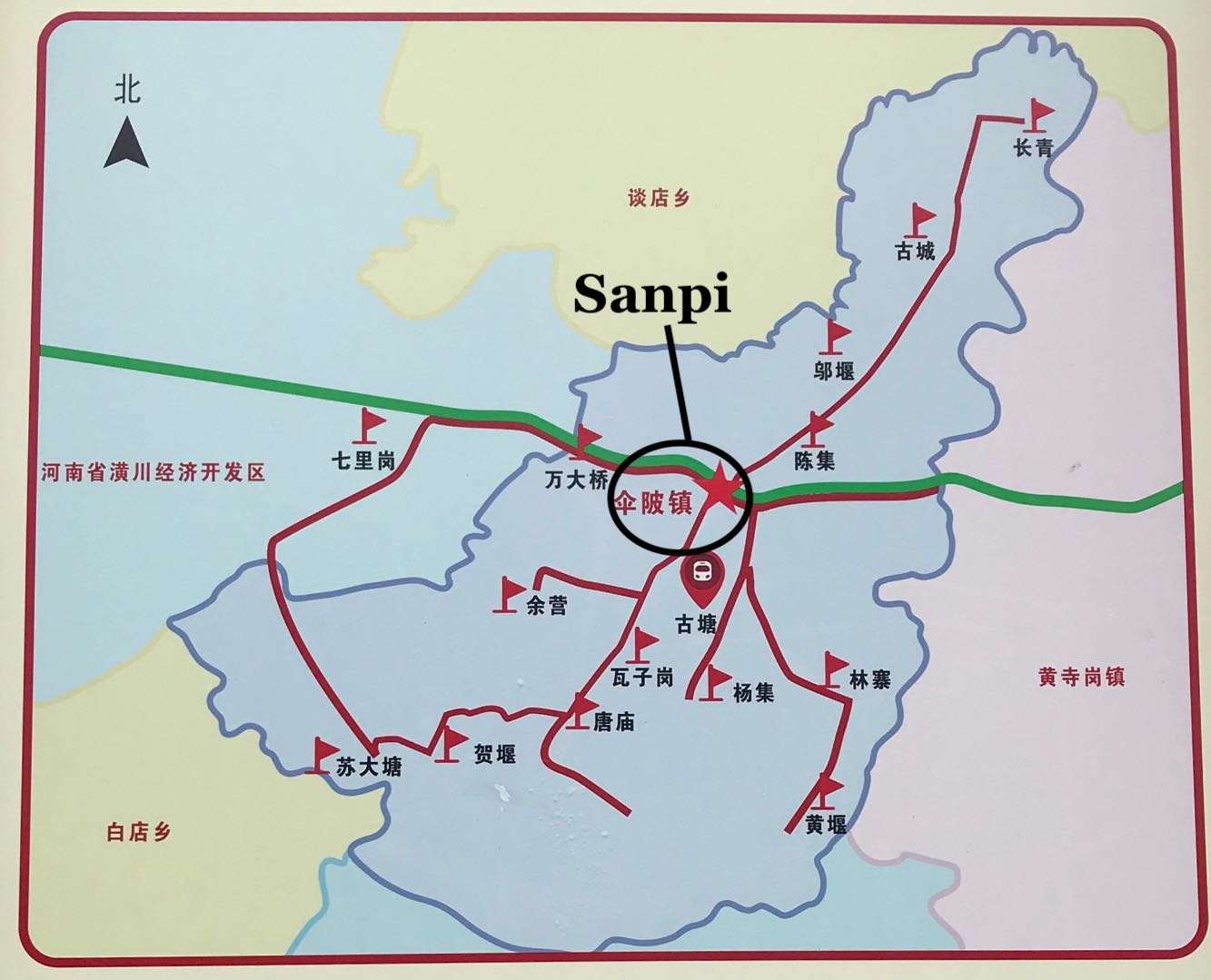Love in Rural China: A Series

Editor’s Note: This is the start of a five-part series that will run each day this week.
Last year I spent some time with a family from Sanpi 伞陂, a small town in Huangchuan County, Henan, about 230 kilometers from Wuhan. I returned this year to spend Spring Festival with my host family in hopes to further explore a question I have been long curious about: What is love in rural China?
In this series, I tell stories based on the goings-on leading up to and during Spring Festival, as I am able to understand them. I hope these stories will allow you to experience a world different from your own and challenge you to think about love in a way you perhaps hadn’t before.
This series describes love and the way it manifests itself in five kinds of relationships, between:
- Mother and daughter
- Oneself
- Young lovers
- Father and son
- Husband and wife
Note: the names of the people in these stories have been changed.
The first story is about a 17-year-old high school senior named Fu Bingyu 福冰玉 and her mother.
“They don’t know anything about my life”
“I feel very alienated from my parents. They don’t know anything about my life, they don’t understand me, and they don’t want to hear about anything I’m doing.”
Bingyu says this to me at least twice a day in the week leading up to Spring Festival. It sounds like the typical “I hate my parents” teenage complaint, but Bingyu’s sentiments are in response to a much more complicated reality.

On the final day of school before break, Bingyu returns for lunch with a smile on her face, relieved she has finished the first half of this term’s exams. I am there to greet her, at the house of Lei Jieping 雷杰平, a middle-aged woman who offers board to eight students, Bingyu included, whose parents are often away for one reason or another (mostly work). (You’ll learn more about Jieping’s story tomorrow.)
Just as Bingyu begins to vocalize her excitement about exams, a woman appears in the doorway behind her.
Bingyu’s hands go up to her cheeks and she screams, “Maaa! Ma!”
Bingyu appears nearly a foot taller than the burly woman with box shoulders and short black hair in front of her. She swallows her giggles just long enough to push out the words, “Ma, I didn’t know you were coming!”
Her mom fights to hold back a smile as big as Bingyu’s. She brings her dark, worn-out hand up to the side of Bingyu’s left arm and places it there for a long moment.
Bingyu’s mom and her husband raise and sell crayfish in Bingyu’s hometown. Bingyu resides in the county nearest her hometown, Huangchuan, where she goes to school. Bingyu and her mom intermittently communicate via brief phone calls, but it’s rare for mother and daughter to find themselves in the same room.
“I’m so excited!” Bingyu says softly, then once more slightly louder, and finally a third time for everyone in the house to hear.
Bingyu invites her mom to sit down at the table.
But her mom, acting like a stranger, takes a stool from the table and places it down as close to the front door as possible. Bingyu doesn’t seem to notice: she pulls up a chair and repeats, “Ma, I’m so excited, I didn’t know you were coming.”
Her mom nods.
“Ma, I did pretty well on my exams this morning.”
“What’d you get?”
“I don’t know yet, but I knew most of the answers.”
Her mom nods again.
There is silence between them for a moment, until finally, English words to a song I don’t know ring out. As if she had been anticipating it, Bingyu’s mom slips out the door to answer her phone.
When she returns, it’s as if Bingyu had told her nothing.
“Are you wearing enough clothes?” she asks her daughter. She reaches behind the back of Bingyu’s neck and slips it down her turtleneck sweater. “All you do is talk about how smart you are, but you’re only wearing two layers of clothes.”
Bingyu lives a completely different life from her mom and assumes her mother knows nothing about her. This clearly isn’t true. But Bingyu’s mother struggles to relate to her — she never went to school, after all. She even seems to be wracked with guilt. She so badly wants Bingyu to have more than she did, but she doesn’t know how to give it to her. She can’t even live with her.
Bingyu’s family home is in a town that neighbors Sanpi, though Jieping’s is closer to the school Bingyu attends in Huangchuan, so that’s where she stays — at the cost of 5,000 yuan per semester (just over $700).
When Jieping emerges from the kitchen carrying two plates, Bingyu’s mom’s face relaxes. She knows how to talk with Jieping, who is roughly her age and has had experiences similar to her own. As we each take our spots at the table for lunch, Bingyu’s mom asks Jieping what kind of beans were fried with the onions and where they were purchased. The lunch conversation carries on with these sorts of questions just between the two of them.
Ten minutes later, Bingyu finishes eating and stands to announce she will go back to school. Her mom nods and stands too and follows Bingyu to the door. Bingyu turns and smiles, and says something I can’t make out. Her mom nods and watches Bingyu walk away. She comes back to the table to collect her dish and chopsticks and asks Jieping to make sure Bingyu wears enough layers and studies hard. Jieping assures her that she will.
Later that evening, when Bingyu returns for dinner, she hands me a small bag plastic with a colorful piece of cake inside. I ask her why she’s bought it. She replies, “My mom gave me a lot of money today,” and giggles excitedly once more.
Love in Rural China is a five-part series that will run every day this week.






